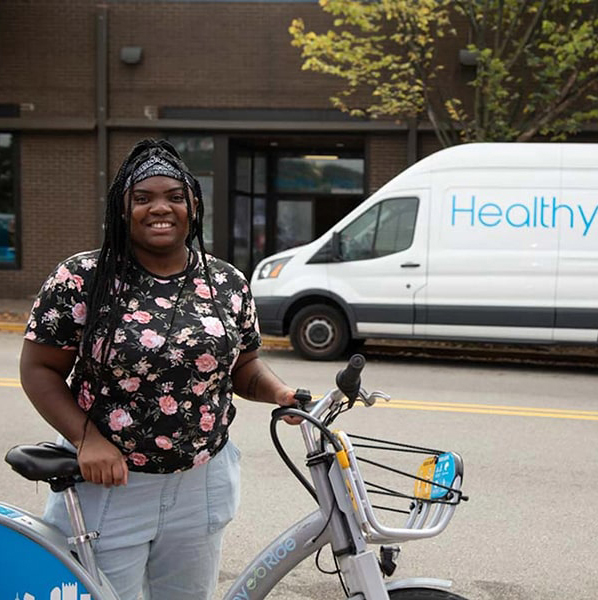 Experiential Learning
Experiential Learning
Apply what you've learned in the classroom in a real-world setting through fully and partially funded opportunities.
By participating in experiential learning opportunities, you will be able to enhance what you are learning in the classroom, take ownership of your educational experience, respond to complex, real-world challenges, and grow personally and professionally. Whether you're interested in community engagement, finding an internship, participating in research, study abroad (or all of the above) Dietrich College has something for you.
What makes experiential learning different?
There are several elements of experiential learning that make these opportunities distinctive. High-quality experiential learning activities include the following components:
- Real-World Context: The activities or projects that are being completed have authentic stakes and allow you to explore the complexity of real-world challenges.
- Connection to Coursework: Uniquely crafted learning goals encourage you to utilize and expand on previously learned concepts and skills.
- Mentoring Relationship: A supervisor or instructor supports the attainment of learning goals and provides meaningful feedback.
- Critical Reflection: Opportunities to thoughtfully examine the impact of the experience on your personal, professional and academic growth are embedded throughout.
How can I find experiential learning opportunities?
The links below will connect you with a variety of hands-on experiences, but a great first step is to talk to your academic advisor who can help you determine and craft an experience that aligns with your learning and professional goals.
Experiential Learning Opportunities
Community Engaged Learning
Make a meaningful contribution while enhancing your academic experience.
Internships
Put what you've learned in the classroom to use in a professional setting.
Study Abroad
Learn about other cultures first-hand through international travel.
Undergraduate Research
Gain hands-on experience in a laboratory or large-scale research project.